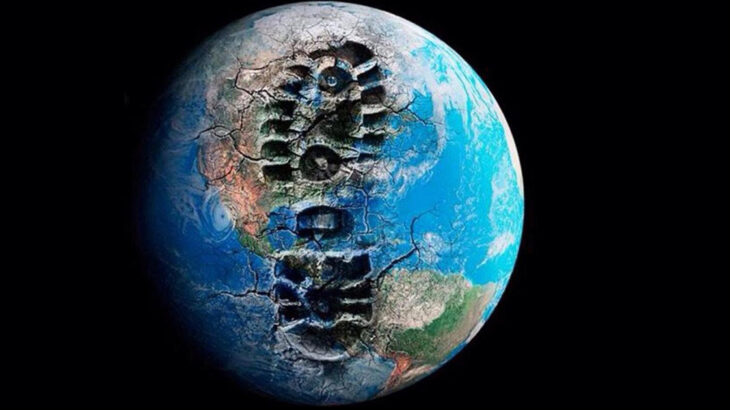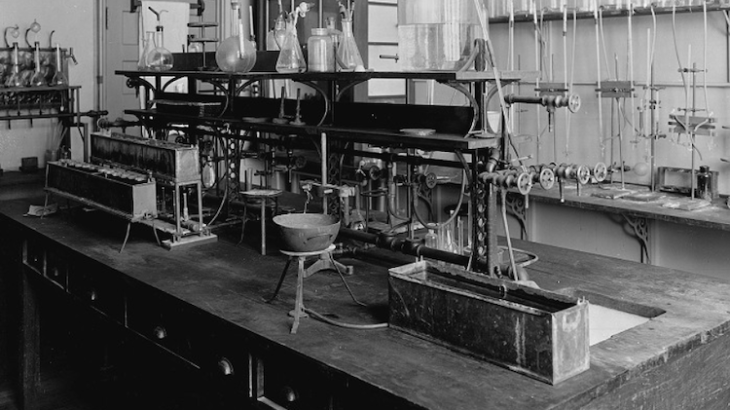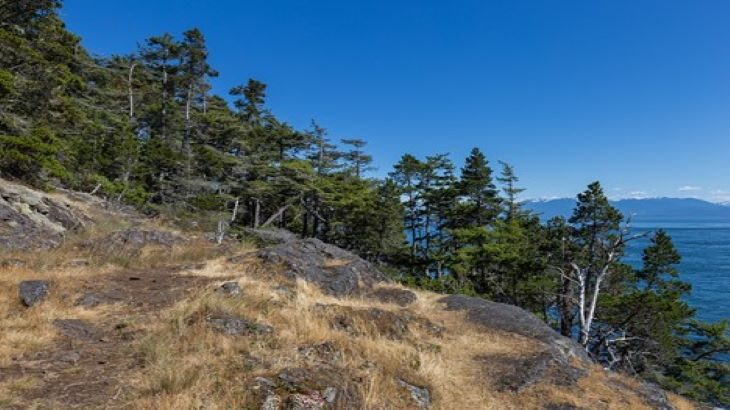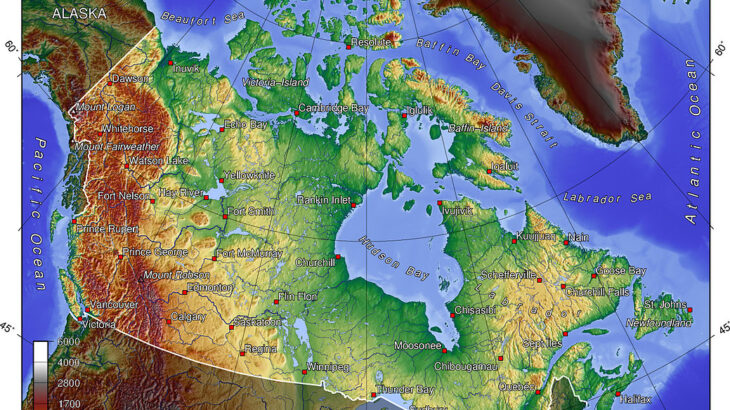
By Mary Anne Schoenhardt, Science in Society editor What comes to mind when you think of the term Anthropocene? A dystopian novel? A hazy city filled with smog? Or do you think of the Holocene or Pleistocene epochs, and exhibits on evolution at the museum? While it may sound like something out of pop culture, […]







